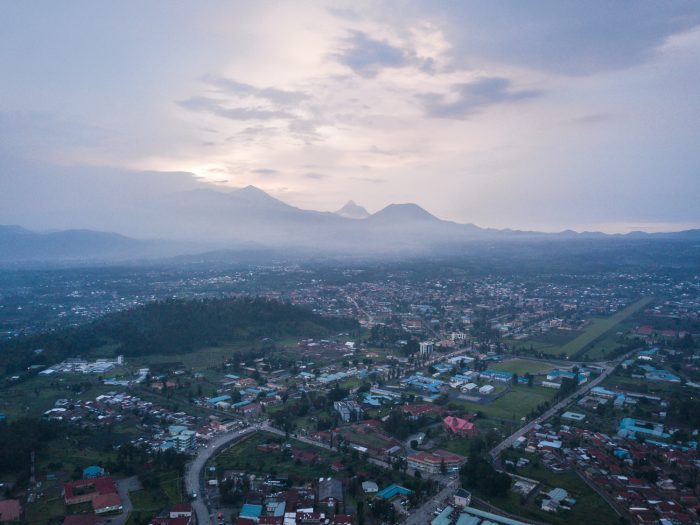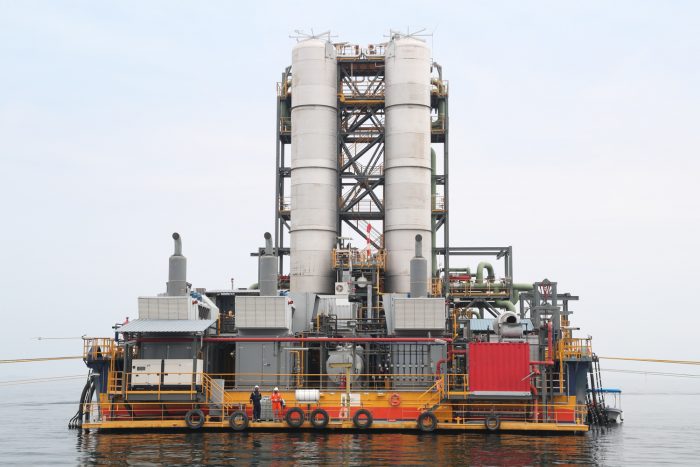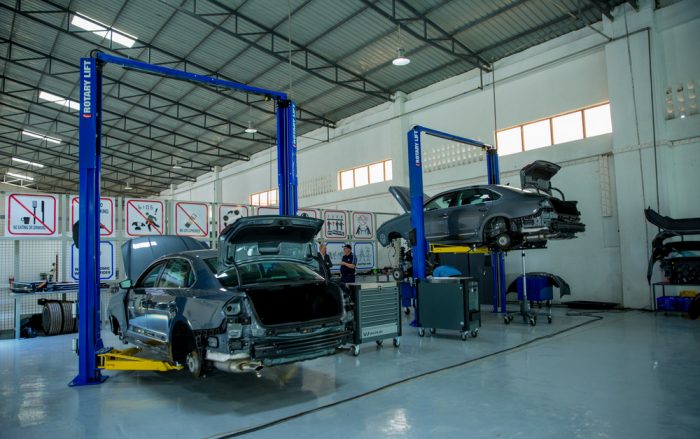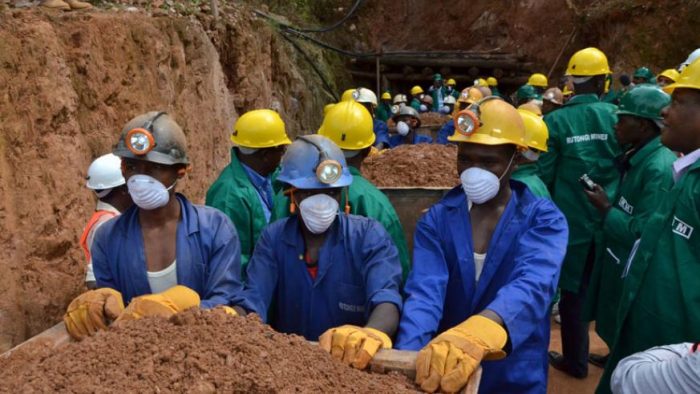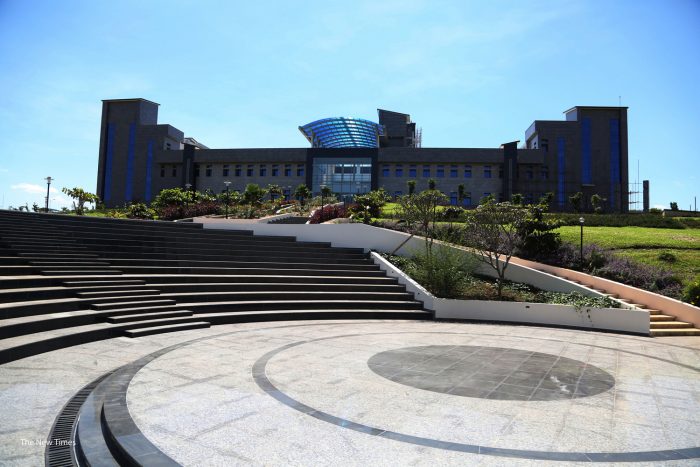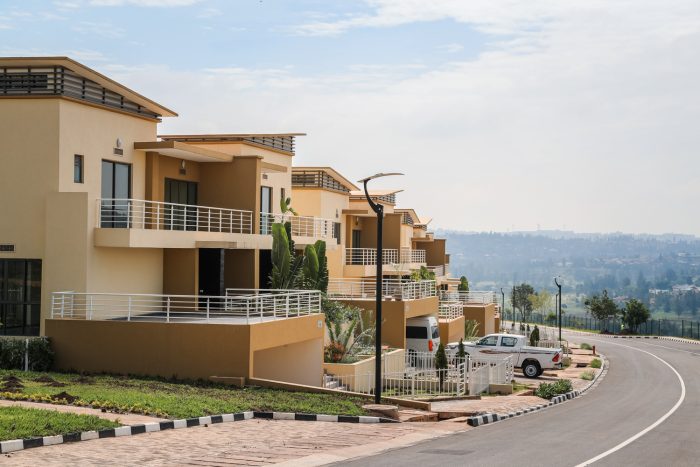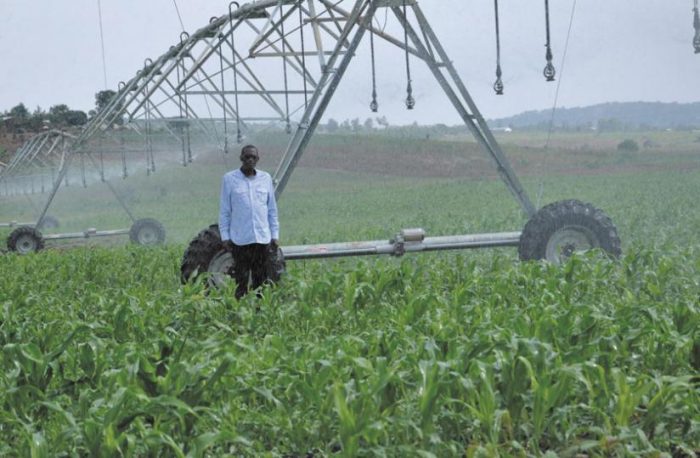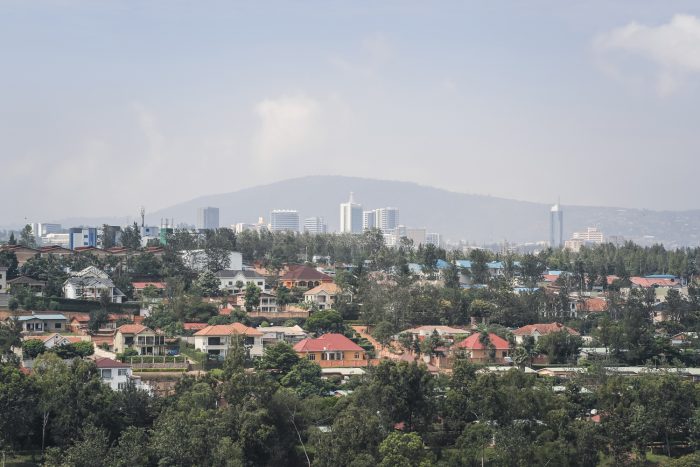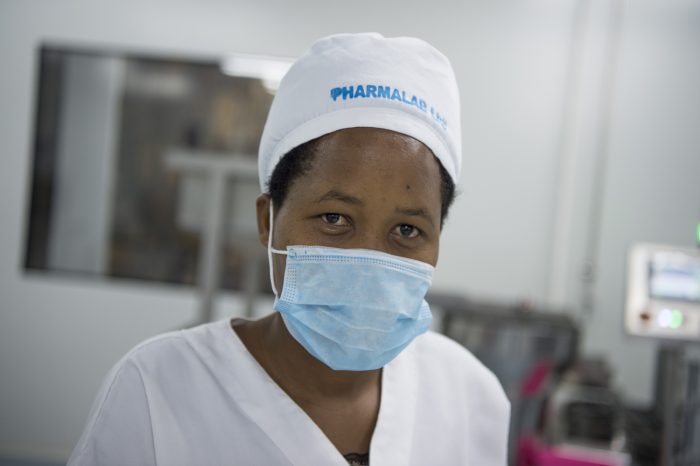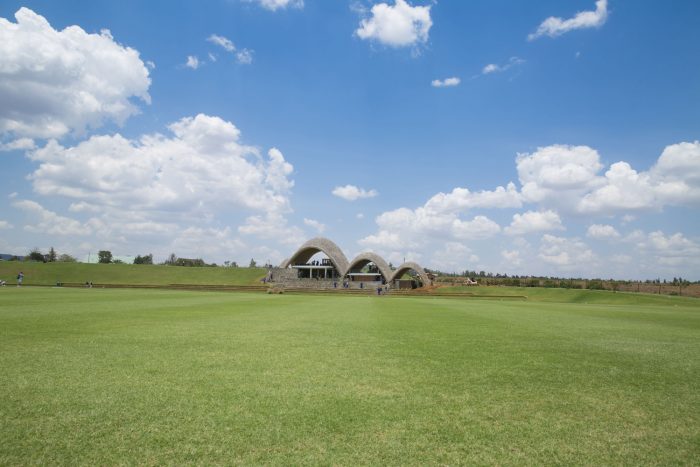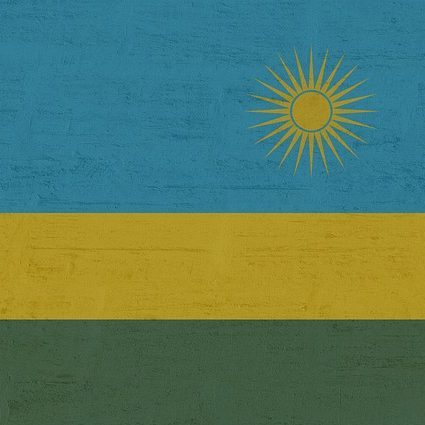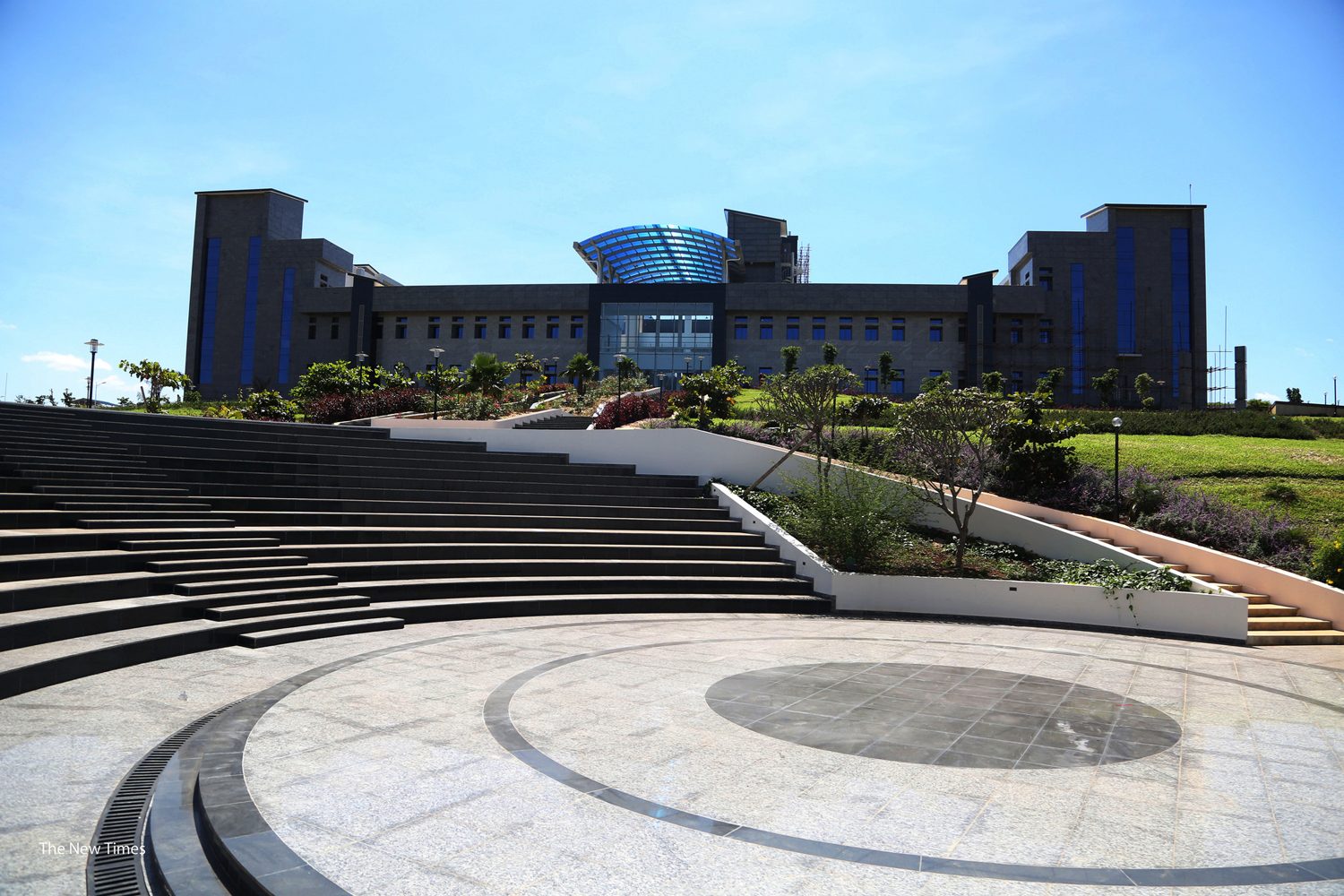EDUCATION SECTOR OVERVIEW.
The Government of Rwanda aims to transform the country into upper middle income country by 2035, and a high – income country by 2050. Achieving Rwanda’s social and economic development objectives is largely dependent upon its most valuable resource – it’s people. To achieve these goals, the Rwandan people must be provided opportunities to develop knowledge, skills and attitudes to compete in the labour market and contribute to the social and political life of their country.
Structure of Rwanda’s education system
Structure of Rwanda’s education system:
- In Rwanda the education system is composed of four main levels: Pre-primary, Primary, Secondary, and Higher Education, with a significant TVET stream at both secondary and higher education levels.
- Pre-primary Education is organized in nursery schools and for a period of three years for children between the age of 4 and 6.
- Primary education lasts six years with the official school age at this level being from 7 years to 12 years.
- This stage focuses on core literacy and numeracy skills, as well as preparation for secondary studies.
- Secondary Education also lasts for six years with the official age for this level being from 13 years to 18 years of age. It is subdivided into lower secondary (the first three years) and upper secondary (the last three years), both culminating in national examinations which respectively determine eligibility for university education.
Investment Opportunities
Technical and Vocational Education Training (TVET):
- Infrastructure development and construction of TVET schools across the country.
- Introduce new programs that are closely connected to the labor markets
ICT in Education
- Smart classrooms
- E-learning
- Digital content development
- Teacher training in ICT at all levels.
Higher education and research:
- Foreign universities are encouraged to open campuses in Rwanda (to promote study in Rwanda)
- There are opportunities in constructing and managing student hostels in private and Government universities.
- Corporate income tax holiday of up to 7 years is provided when investing at least an amount equivalent to 50 million USD
- Accelerated depreciation rate of 50% for the first year
- Foreign companies investing at least 250,000 USD are allowed to recruit 3 foreigners without labour test.
- Exemption of VAT on imported Technical and Vocational Education training materials

